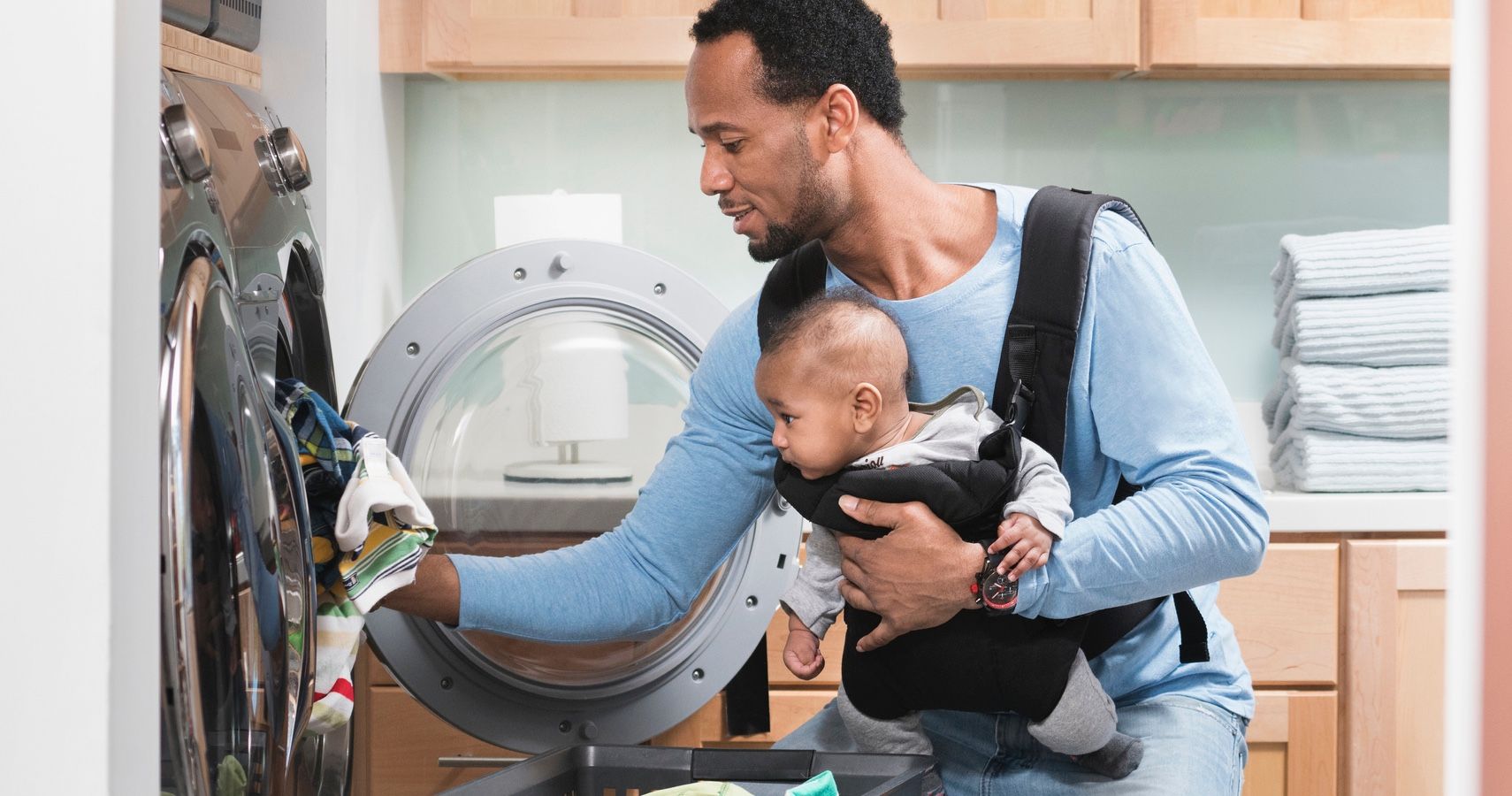It’s an exciting time to be a stay at home dad - not connoting that it’s easy. Playgrounds once monopolized by moms are a new domain for dads who convey something entirely new to the traditional meld of mothers; tight-knit clique who have been tardy in relinquishing the title of ‘job’ to their male counterparts. They are not naysayers, rather like so many others they have yet to bypass the stereotype of men in the role of breadwinner and well, men have something to say about it all.
One of the most significant social trends in the last 20 years has been the rise in the number of stay-at-home dads. In the United States, this number has reached 1.9 million and accounts for 16% of the stay-at-home parent population, according to 2015 U.S. Census data.
Our culture promotes a detachment from the stringent gender roles of past generations, which is made evident by women more involvement from dads - and dads stepping up to the challenge by willingly taking on the primary nurturing role in their children’s life.
According to the Atlantic, stay-at-home dads are reshaping American masculinity and in essence gaining an opportunity to redefine manhood for themselves. Scott Melzer, a sociologist at Albion College has concluded that traditional manhood, the kind that many young boys are taught at an early age, is made up of two ingredients: bodily strength and control, and breadwinner status as a husband and father. The role of parenting has been strictly gendered making it abundantly more difficult that stay-at-home-dads initially surmised.
NEXT: JUSTIN TIMBERLAKE AND TIGER WOODS BOND OVER PARENTING
These eclectic dads reveal that they are treated with much less respect than working dads. A 2013 Boston College survey of at-home dads found “it was common for friends and family members of many of the fathers to regard their at-home role as temporary, wondering when they were going to get jobs.” In most instances, these dads were deemed incapable of finding work. The common response from them, "I already have a job.", "I’m a full-time father."
The truth is, with women playing an increasingly more important role in today’s workforce, having the mom stay home with the kids is not always the most logical solution for families. Reality is, most Americans still believe moms are better parents. One survey found that 51 percent of respondents felt kids were better off with a stay-at-home mother rather than a working one. A mere eight percent felt the same way about a stay-at-home father, despite gender perceptions gradually evolving. It's been a very progressive movement and stay-at-home dads have been heroes in breaking down gender stereotypes.
Stay at home day Anthony Fireman declares, "It's time to have a little more respect for the stay-at-home dads who give it their best shot. This job isn’t easy. Raising kids well takes Brady’s guts, Bond’s cool, and Elmo’s energy. We’re trying to be a bedrock for boys and a go-to for girls, just like moms, and we’re succeeding more than we’re failing."
It’s an exciting time to be a stay at home dad - not connoting that it’s easy. Playgrounds once monopolized by moms are a new domain for dads who convey something entirely new to the traditional meld of mothers; tight-knit clique who have been tardy in relinquishing the title of ‘job’ to their male counterparts. They are not naysayers, rather like so many others they have yet to bypass the stereotype of men in the role of breadwinner and well, men have something to say about it all.
One of the most significant social trends in the last 20 years has been the rise in the number of SAHDs. In the United States, this number has reached 1.9 million and accounts for 16% of the stay-at-home parent population, according to 2015 U.S. Census data. Our culture continues to shift away from the rigid gender roles of past generations, which is made evident by women expecting more involvement from dads — and dads stepping up to the challenge by willingly taking on the primary nurturing role in their children’s life.
According to the Atlantic, stay-at-home dads are reshaping American masculinity and in essence gaining an opportunity to redefine manhood for themselves. Scott Melzer, a sociologist at Albion College has concluded that traditional manhood, the kind that many young boys are taught at an early age, is made up of two ingredients: bodily strength and control, and breadwinner status as a husband and father. The role of parenting has been strictly gendered making it abundantly more difficult that stay-at-home-dads initially surmised.
These eclectic dads reveal that they are treated with much less respect than working dads. A 2013 Boston College survey of at-home dads found “it was common for friends and family members of many of the fathers to regard their at-home role as temporary, wondering when they were going to get jobs.” In most instances, these dads were deemed incapable of finding work. Dad’s declaring, I already have a job. I’m a full-time father.
The truth is, with women playing an increasingly more important role in today’s workforce, having the mom stay home with the kids is not always the most logical solution for families. The reality is, most Americans still believe moms are better parents. One survey found that 51 percent of respondents felt kids were better off with a stay-at-home mother rather than a working one. Only 8 percent felt the same way about a stay-at-home father - despite gender perceptions gradually evolving and that men in a very progressive movement are have been heroes in breaking them down.
Anthony Fireman of The Boston Globe declares it’s time to have a little more respect for the stay-at-home dads who give it their best shot. This job isn’t easy. Raising kids well takes Brady’s guts, Bond’s cool, and Elmo’s energy. We’re trying to be a bedrock for boys and a go-to for girls, just like moms, and we’re succeeding more than we’re failing.

